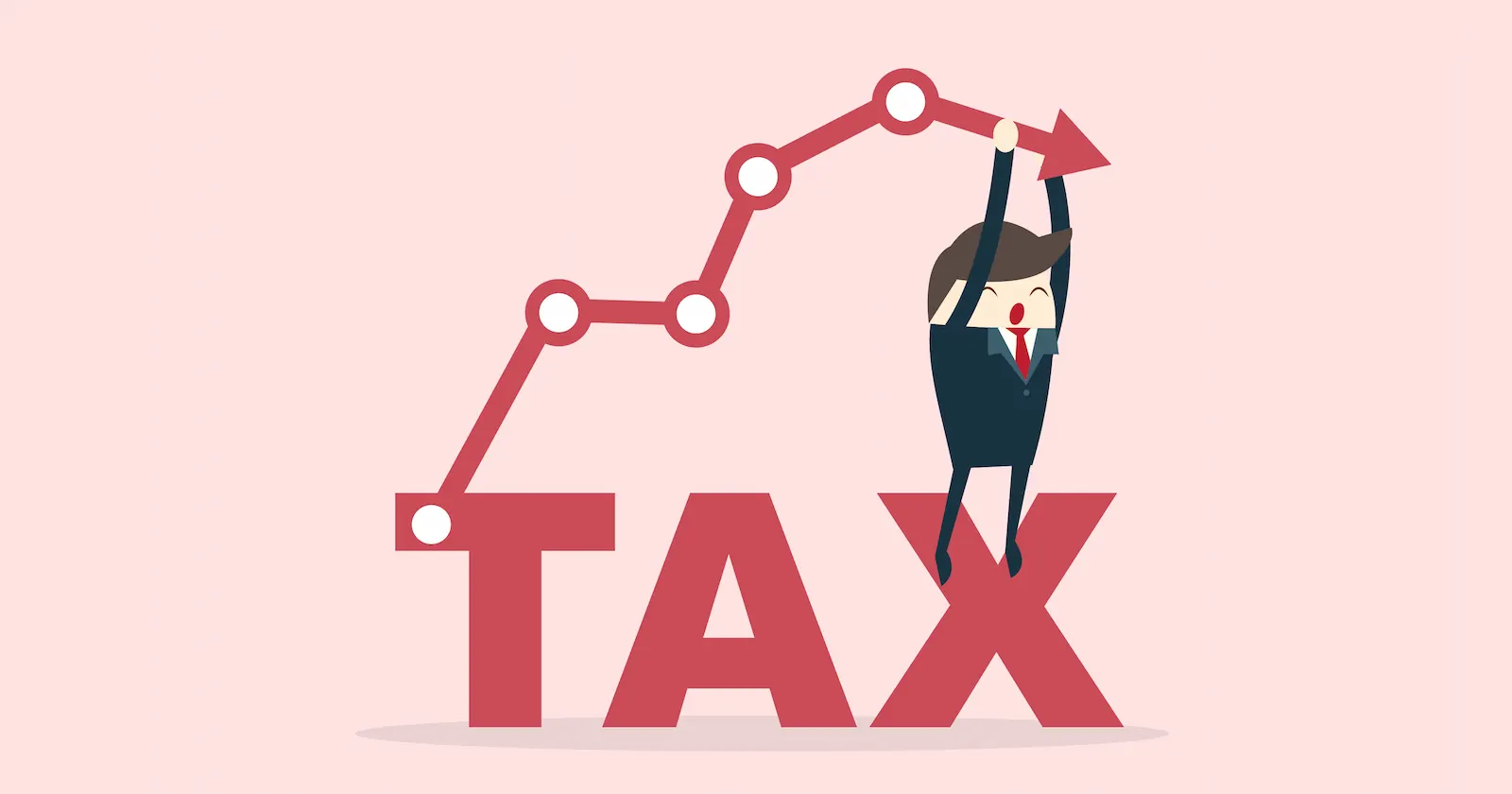Tax Strategies for Small Business Owners

Tax season is the time of the year that small business owners dread, but they can lower their tax bill and save on income taxes follow these simple steps.
Good planning starts with recognising the fact that taxable income is what we have to pay tax on. Tax is computed on your taxable income, which can quite easily be reduced by maximising your deductions.
Hire a Family Member
If you turn family into employees, your business can reap substantial tax advantages. For example, your children could potentially work for you free of withholding income taxes, up to $12550 each year, and shift money into lower tax brackets while providing them with an important job skill. Tax advantages can also be obtained by paying your family members for various fringe benefits, such as paying for their health reimbursement arrangements or retirement plans, if you maintain proper accounting of such earnings and issue W-2s so that you are in compliance with the law.
Offer Fringe Benefits
Business owner, you can offer an employee benefit – an undeclared bottom line – such reimbursement of expenditures or a healthcare stipend to the employees to encourage a happy work day and to stay competitive in the market. Of course, these types of stipends are usually tax exempt from the wage earner’s gross income and are an ideal attraction among acqui-hire. However, it should be noted that while benefit plans can be a great way for employers to show appreciation to their workers, the taxes on these benefits might or might not be excluded, as this would depend on the requirements of federal or state laws. Therefore, an expert on taxes should also be consulted with regard to any specific details pertaining to these benefits.
Take Out a Low- or No-Interest Loan
Small business owners also have to worry about taxes, which they might think of with a sense of dread when filing them if they make any mistakes that result in penalties that could cause financial ruin, possibly putting them out of business entirely (CNET). A bit of doom and gloom. But, according to CNET, those early and aggressive approaches could save the business in the long run. You can lower your taxes by obtaining loans for business purposes. These advances must be classified as loans and not distributions or compensation payments to avoid penalties (an accountant would help establish your schedule of best loans).
Take Depreciation Deductions
Your assets, such as the contents of your business, will age and depreciate over time. The IRS allows you to write off some of this depreciation on your taxes. Your depreciation options include either Section 179 expensing or regular depreciation – the latter being more applicable when you think your tax bracket in later years will be higher than it is now. Tax-reducing accounting such as how your industry can squeeze every possible deduction out of your books on year-end is important. There are many ways to spend a little on the front end to save tax dollars, from picking the right retirement plan to screen your employees, or restructuring your company to reduce your tax bill.
Define Expenses
Wise taxpayers plan ahead each filing year, since each one can have its own set of rules and deductions in the form of allowable business expenses, each of which can eaten away at taxable income, potentially save businesses thousands. By making careful notes throughtout the year, finding deductible expenses at tax time will be much easier, saving a significant amount of time and money , and recordkeeping rituals will be lighter with the help of recording software. Bad debts incurred by businesses can be deducted as expense against taxable income.
Invest in Equipment
These are assets for your small business that need to be carefully considered in respect to cost and benefits. The first decision you may need to consider is What equipment you actually need for your business and decided if you should lease or buy equipment prior to making the decision. Section 179 expensing may allow you to deduct any equipment you purchase in its entirety in the same tax year, making life easier at both your books and taxes. Great tax strategies are part of every successful small business. Home Office: This is a generous deduction from your taxes. Retirement Account: When your business is profitable you can save money on your taxes and have a nice retirement account to fall back on. Expenses: Get rid of all your deductions for expenses. Why? Because there are no expenses. Money at tax time. And so you’re not just keeping money out of your pocket, you’re saving money at tax time.
Take Advantage of Business Credits
With taxes at different levels for small businesses, deductions and credits it’s impossible to say exactly how it can be lowered. Some say, keeping accurate records and holding on to your receipts can help lower this figure drastically. Keeping proper records of the receipts of your business can help your tax bill tremendously. The IRS even offers dozens of tax credits for small businesses. By incorporating these into a longer-term business plan, it’s possible to sharply decrease tax bills. However, in order to do this successfully, you will need to plan carefully and understand how these credits work.
Hire a Tax Professional
But an experienced tax preparer will help you pay fewer taxes by devising an effective record-keeping system, completing business forms on your behalf, and developing a deductions strategy. If you need someone to help you set up a small business, check their experience level and ability to work with small businesses. Ask specific questions related to small-business issues. Finally, ask if they have represented a client before the IRS.






